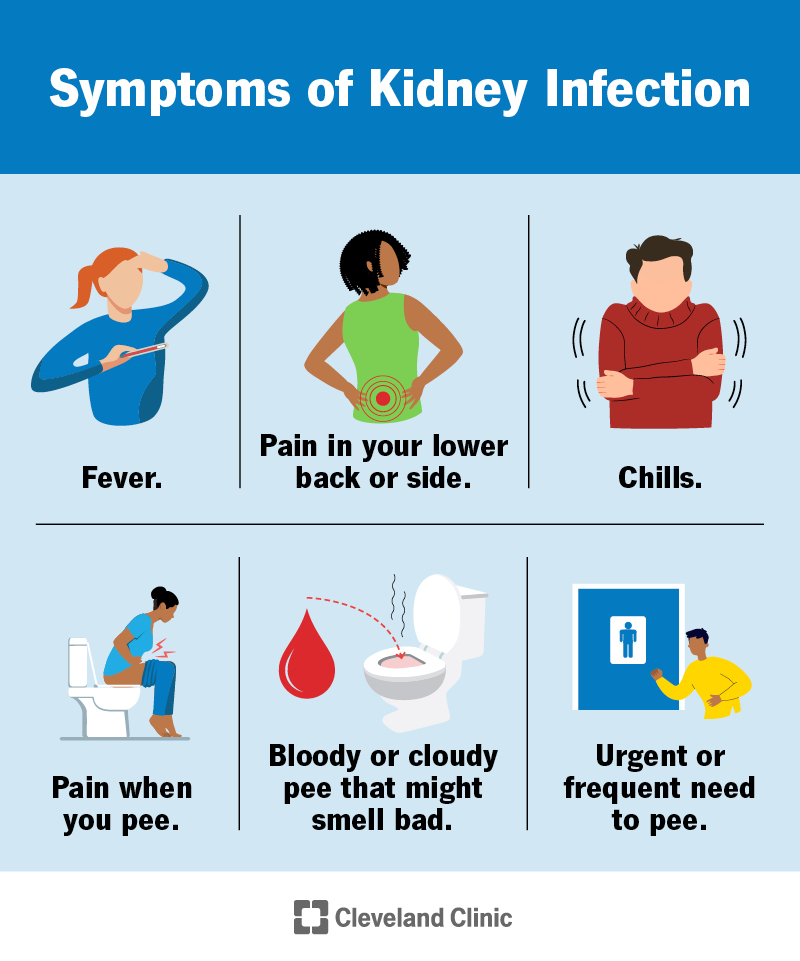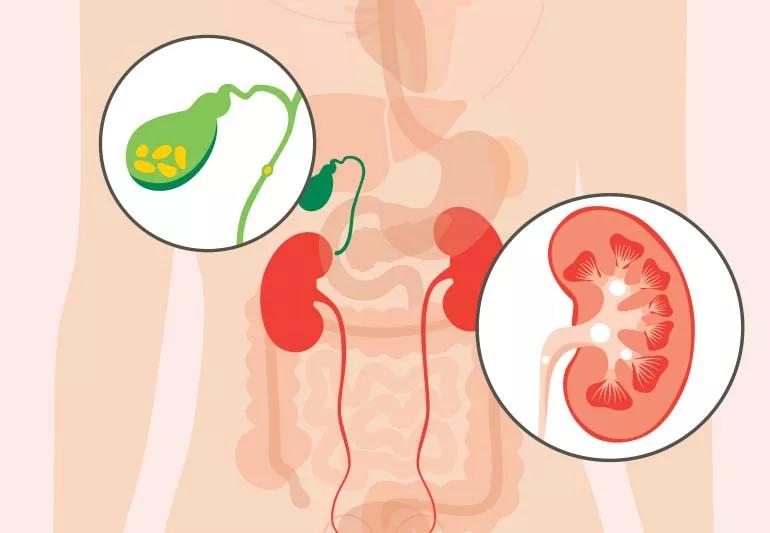Navigating the Signs And Symptoms of Kidney Stones vs UTI: A Comprehensive Contrast
Navigating the Signs And Symptoms of Kidney Stones vs UTI: A Comprehensive Contrast
Blog Article
Checking Out the Symptoms and Causes of Kidney Stones in Comparison to Urinary System System Infections: A Comprehensive Overview
The expedition of kidney rocks and urinary system system infections (UTIs) exposes a complicated interaction of signs and symptoms and underlying reasons that necessitate mindful exam. What are the key differences in their symptoms, and how might these inform treatment techniques?
Introduction of Kidney Stones
Kidney stones, likewise called kidney calculi, kind when particular substances in the urine crystallize and aggregate, leading to the development of hard deposits within the kidneys. These stones can differ in dimension, varying from a grain of sand to a golf sphere, and can be composed of different materials, the most usual being calcium oxalate, uric acid, struvite, and cystine. The development of kidney rocks is affected by a number of aspects, consisting of dietary routines, liquid consumption, and hereditary proneness.
Signs and symptoms of kidney stones may include severe discomfort in the back or side, blood in the urine, nausea, and regular urination, particularly as the rock relocates with the urinary system. Medical diagnosis normally includes imaging research studies such as ultrasound or CT scans, alongside urinalysis to recognize the rock's structure.
Treatment alternatives vary based upon the dimension and type of rock, along with the intensity of symptoms (Kidney Stones vs UTI). Tiny stones may pass normally with enhanced fluid consumption, while larger rocks might need medical treatments such as lithotripsy or surgical elimination. Understanding the pathophysiology and threat elements connected with kidney stones is essential for reliable prevention and monitoring
Overview of Urinary System Tract Infections
Urinary system system infections (UTIs) prevail microbial infections that affect any part of the urinary system, consisting of the kidneys, ureters, bladder, and urethra. They predominantly happen when microorganisms, usually from the intestinal system, get in the urinary system, causing swelling and infection. UTIs are categorized into 2 main kinds: complicated and straightforward. Straightforward UTIs normally occur in healthy and balanced individuals with regular urinary systems, while complex UTIs might arise in individuals with underlying conditions, such as structural irregularities or jeopardized body immune systems.
The occurrence of UTIs is especially greater in women than men, primarily due to anatomical differences, such as a shorter urethra. Danger factors consist of sex, certain contraceptive methods, urinary retention, and dehydration. The medical diagnosis of UTIs is typically confirmed via urine examinations, which may disclose the presence of bacteria, white blood cells, or red blood cells.

Symptoms of Kidney Stones
The pain associated with kidney rocks can manifest in various methods, frequently leading individuals to look for clinical interest. One of one of the most typical signs is severe discomfort, normally localized in the lower back or side, which might radiate to the abdomen or groin. This discomfort, typically described as sharp or cramping, can take place instantly and may fluctuate in strength.
Furthermore, individuals might experience hematuria, or blood in the pee, which can range from microscopic amounts to visible staining. This symptom might be come with by changes in urinary system behaviors, such as raised frequency or seriousness, Kidney Stones vs UTI in addition to discomfort throughout urination. Nausea and throwing up are also widespread, commonly resulting from the body's response to intense discomfort.
Sometimes, people may experience fever and cools, particularly if an additional infection creates due to the obstruction brought on by the rocks. Overall, the combination of extreme pain, hematuria, altered urinary patterns, and stomach signs and symptoms can offer considerable understanding right into the presence of kidney stones, calling for punctual clinical evaluation and intervention. Comprehending these signs and symptoms is crucial for timely diagnosis and efficient administration of the problem.
Signs And Symptoms of Urinary Tract Infections
Infections within the urinary tract frequently provide a series of unique signs and symptoms that can dramatically impact life. The most common symptoms include a persistent urge to urinate, typically gone along with by a burning feeling during peeing, understood as dysuria. Individuals may also experience enhanced frequency of urination, generating percentages of urine each time.
Other notable symptoms consist of smelly or gloomy urine, which may show the visibility of germs or pus. In many cases, urine may show up pink or red because of the presence of blood, a problem called hematuria. Furthermore, individuals might experience pelvic pain or pressure, which can further aggravate the sensation of seriousness.
Systemic symptoms might likewise manifest, such as fever, cools, and tiredness, especially if the infection has actually risen to the kidneys. It is important to acknowledge these symptoms early, as unattended urinary system tract infections can bring about a lot more severe difficulties. Kidney Stones vs UTI. Trigger medical focus is recommended when these find more info signs and symptoms are observed, permitting appropriate analysis assessment and therapy to minimize discomfort and stop further wellness issues
Sources Of Each Condition
Regularly, kidney stones and urinary system tract infections develop from distinct yet often overlapping causes that can impact people in a different way. Kidney rocks usually create because of metabolic variables, dietary options, and hereditary predispositions. Boosted degrees of calcium, oxalate, or uric acid in the urine can bring about stone formation. Dehydration, not enough fluid intake, and high-sodium diet regimens can exacerbate these conditions, advertising crystallization within the urinary system.

Understanding these unique reasons is critical for avoidance and treatment. Kidney Stones vs UTI. While lifestyle modifications may alleviate the risk of kidney stones, suitable hygiene and prompt treatment of urinary tract infections are crucial for minimizing their reappearance and associated problems
Conclusion
In recap, kidney stones and urinary system tract infections present distinctive signs and underlying reasons. Kidney rocks are defined by severe discomfort and metabolic aspects, while urinary system infections largely involve microbial infections leading to urinary system urgency and discomfort.
The expedition of kidney stones and urinary tract infections (UTIs) reveals a complex interplay of signs and symptoms and underlying reasons that require mindful evaluation.Urinary system tract infections (UTIs) are common bacterial infections that impact any kind of component of the urinary why not check here system, including the kidneys, ureters, bladder, and urethra.Frequently, kidney rocks and urinary system system infections occur from unique yet occasionally overlapping causes that can influence individuals differently.In recap, kidney rocks and urinary system system infections existing distinctive symptoms and underlying reasons. Kidney stones are identified by extreme pain and metabolic elements, while urinary tract infections mostly include microbial infections leading to urinary urgency and pain.
Report this page